WWI- Review
Famous People:
Clifford Sifton Laurier Borden
Sam Hughes Sir Arthur Currie David Lloyd George
Georges Clemenceau Woodrow Wilson Czar Nicholas II
King George V Kaiser Wilhelm II Franz Joseph I
Archduke Franz Ferdinand Gavrillo Princip Otto von Bismarck
Sir Douglas Haig Billy Bishop Roy Brown
Manfred von Richthofen Rasputin
Terms to Know:
Mustard Gas Chlorine Gas Tank
Plane Machine Gun Ross Rifle
Lee Enfield Rifle Barbed Wire Over the Top
Maginot Line Alliance System Imperialism
Militarism Nationalism U-Boat
Dreadnought Destroyer Depth Charge
Trench Trench Foot Artillery
Shell Shock Lice Trench Fever
Black Hand Empire Bolshevik
Communism Romanov Blockade
Rats C.E.F B.E.F
War Measures Act
Countries and Regions to be Familiar With:
Germany Austro-Hungary Serbia
Great Britain France Russia
Italy Czechoslovakia Poland
Polish Corridor Rhineland The Saar
Yugoslavia (Boer War) Naval Race
Alaska Boundary Dispute Alsace/Lorraine Ottoman Empire
Bosnia Herzegovina Lithuania Latvia
Estonia
Some Questions to Consider:
1.) How and why was the Canadian West settled? Who were the parties (people) invovled?
2.) What was the nature of Immigration to Canada in the late 19th century and the early 20th century? Why did people come to Canada and what were some of the obstacles that they had to overcome?
3.) Who was the largest Empire in the World in 1900? How did this empire influence the world and how did this affect Canadian life?
4.) What was life for the average person like in 1900?
5.) What were the long standing issues that plagued Europeans up to 1914? What were the four causes for war in 1914?
6.) What was the July Crisis? What exactly happened, who were the people involved and what choices were made?
7.) What is an alliance system? What two alliance systems were formed before 1914 and who were the countries involved? How could an alliance be a cause for war and how could it prevent one? Which alliance system was more successful and why?
8.) What were the reactions of Canadians to the Boer War and WWI? How might involvement in a European war be a “divisive issue” in Canada?
9.) What was the Schlieffen Plan? Was the plan successful, why or why not?
10.) What were the contributions of Canadians during WWI? How was this war significant to Canadians?
11.) What were some of the hardships faced by soldiers in the trenches?
12.) Describe the nature of the different arenas of warfare: land, air, sea.
13.) Why was 1917 such an important year for the war?
14.) Give a complete analysis of the Russian Revolution: people involved, causes, affects. Was this a negative or positive event in history?
15.) Why was conscription considered in Canada? Was it a divisive issue, if so why?
16.) What was Canada’s involvement at the Paris Peace Conference? Why?
17.) What were the terms of the Treaty of Versailles? Could they be a cause for a future war or way to prevent one? What were the major problems faced by the victorious nations at Versailles?
18.) What were the affects of a European War? Think in terms of : geography, politics, military, economy, society.
Wednesday, October 9, 2013
Subscribe to:
Post Comments (Atom)
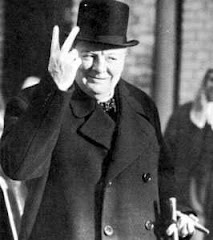
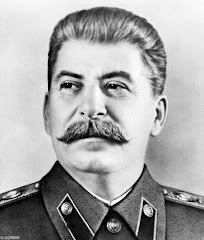
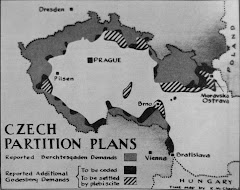
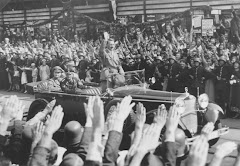

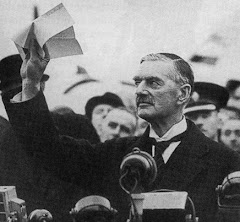
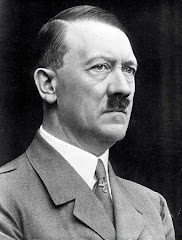




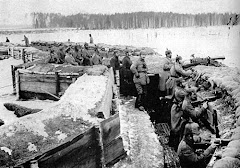


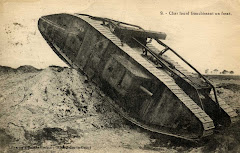



No comments:
Post a Comment